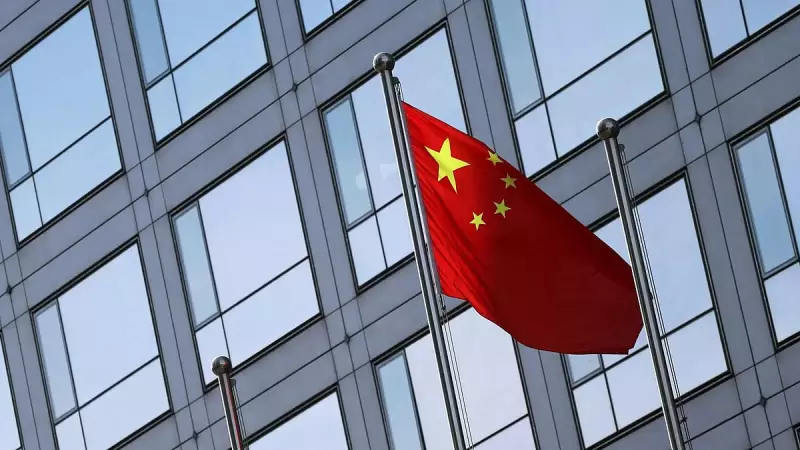
China has dramatically escalated its diplomatic confrontation with Japan over Taiwan by taking the dispute to the United Nations Security Council. The move represents a significant intensification of tensions between the two Asian powers and underscores Beijing's determination to assert its territorial claims on the international stage.
Diplomatic Showdown at UN Headquarters
During a recent UN Security Council meeting, Chinese Deputy Permanent Representative Geng Shuang launched a sharp rebuke against Japan for what he characterized as "irresponsible remarks" about Taiwan. The confrontation occurred amid discussions about maintaining international peace and security, providing China with a global platform to reinforce its position on what it considers core sovereignty issues.
Geng specifically condemned Japan's statement that "peace and stability across the Taiwan Strait are indispensable" for international security. The Chinese diplomat framed Tokyo's comments as unacceptable interference in China's internal affairs and a direct challenge to Chinese sovereignty. The timing and venue of the confrontation demonstrated Beijing's willingness to use multilateral forums to pressure countries that deviate from its official stance on Taiwan.
China's Unwavering Position on Taiwan
The Chinese representative left no ambiguity about Beijing's position, emphatically stating that Taiwan has been an inalienable part of China's territory since ancient times. This historical claim forms the foundation of China's increasingly assertive foreign policy regarding the island nation. Geng reiterated Beijing's long-standing position that there is only "one China" in the world and that the government in Beijing represents the sole legitimate government of all China, including Taiwan.
Perhaps most significantly, the Chinese diplomat issued a stark warning about Beijing's readiness to take decisive action. "China will never allow anyone to separate Taiwan from China by any means," Geng declared, adding that "the Chinese government has the resolve, full confidence, and sufficient capability to safeguard national sovereignty and territorial integrity." This language represents some of the strongest rhetoric Beijing has used in an international forum regarding Taiwan.
Broader Implications for Regional Stability
The confrontation at the United Nations occurs against a backdrop of increasingly strained relations between China and Japan, two of Asia's largest economies and military powers. While territorial disputes in the East China Sea have long been a source of tension, the Taiwan issue represents an even more sensitive flashpoint in bilateral relations.
Beijing's decision to raise the Taiwan issue at the Security Council level signals a new phase in its diplomatic strategy. Rather than handling such disputes through bilateral channels or lower-level diplomatic exchanges, China appears increasingly willing to use high-profile international platforms to confront perceived challenges to its territorial claims. This approach risks further internationalizing the Taiwan issue, potentially drawing more global attention to cross-strait tensions.
The exchange also highlights the delicate balancing act that Japan and other regional powers face in navigating relations with both China and Taiwan. As China grows more assertive in defending its claimed territorial boundaries, countries in the region may face increasing pressure to align their positions with Beijing's preferences or risk diplomatic confrontation.
This latest development at the United Nations suggests that Taiwan will remain a central point of contention in China's foreign relations and that Beijing is prepared to use increasingly forceful rhetoric—and potentially actions—to discourage what it perceives as foreign interference in its core sovereignty issues.






